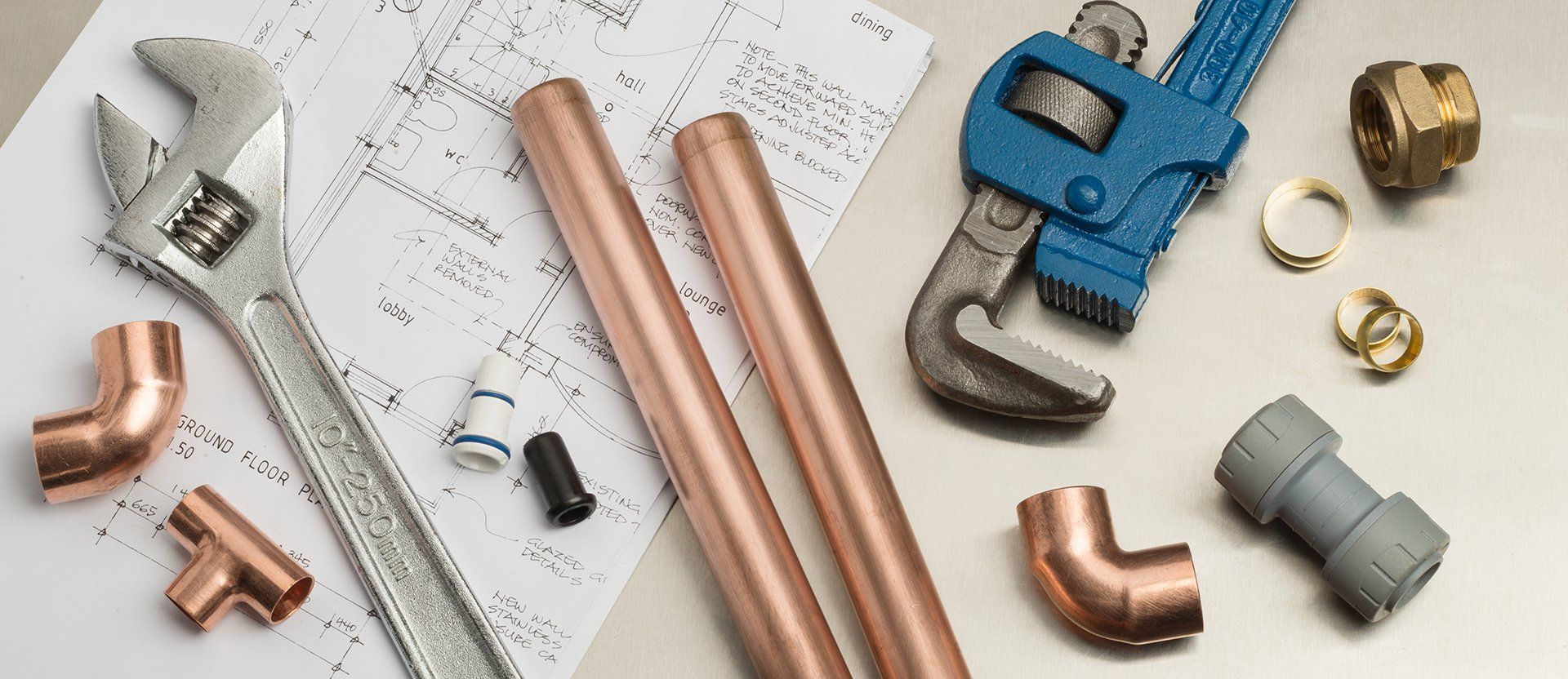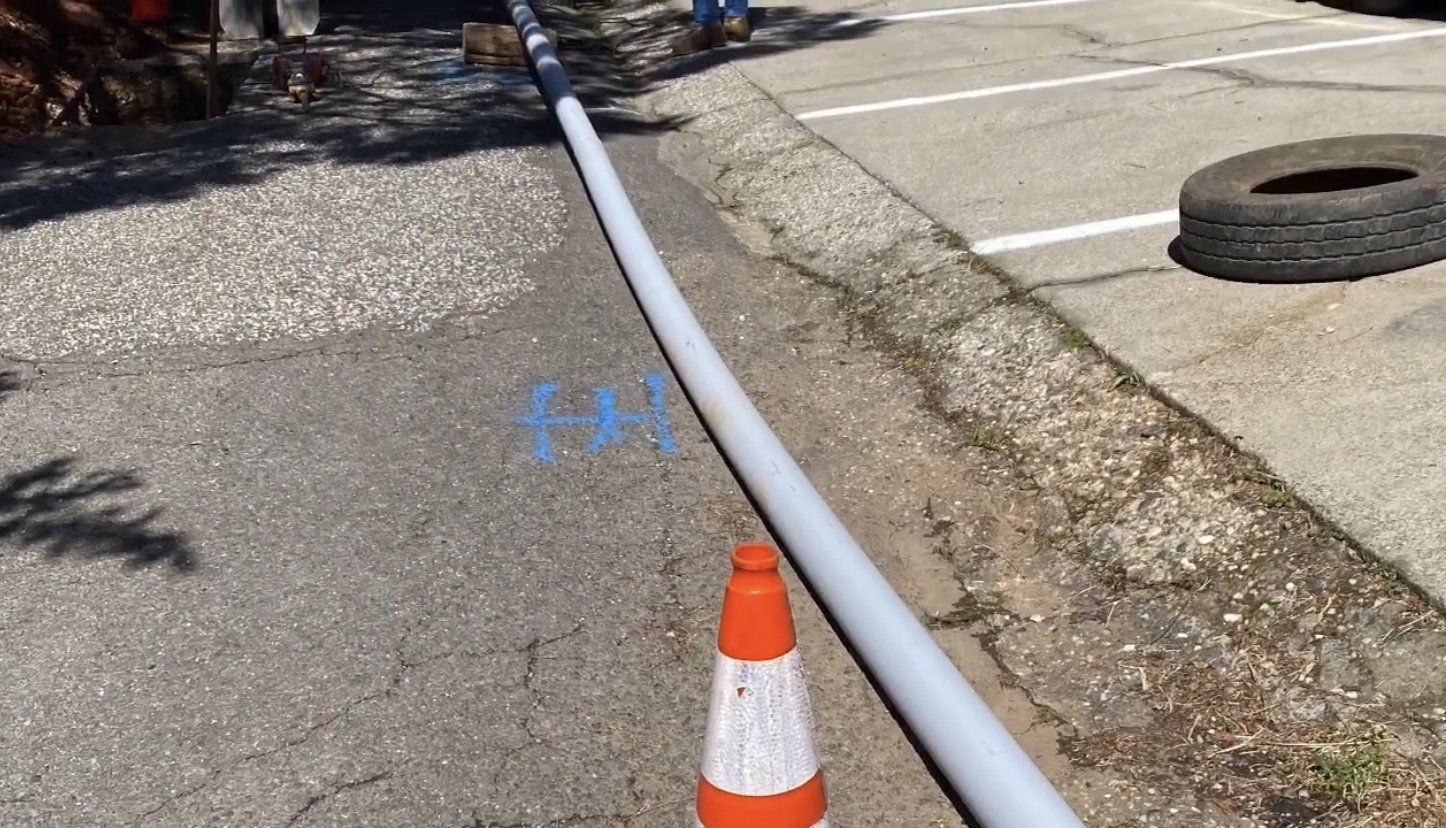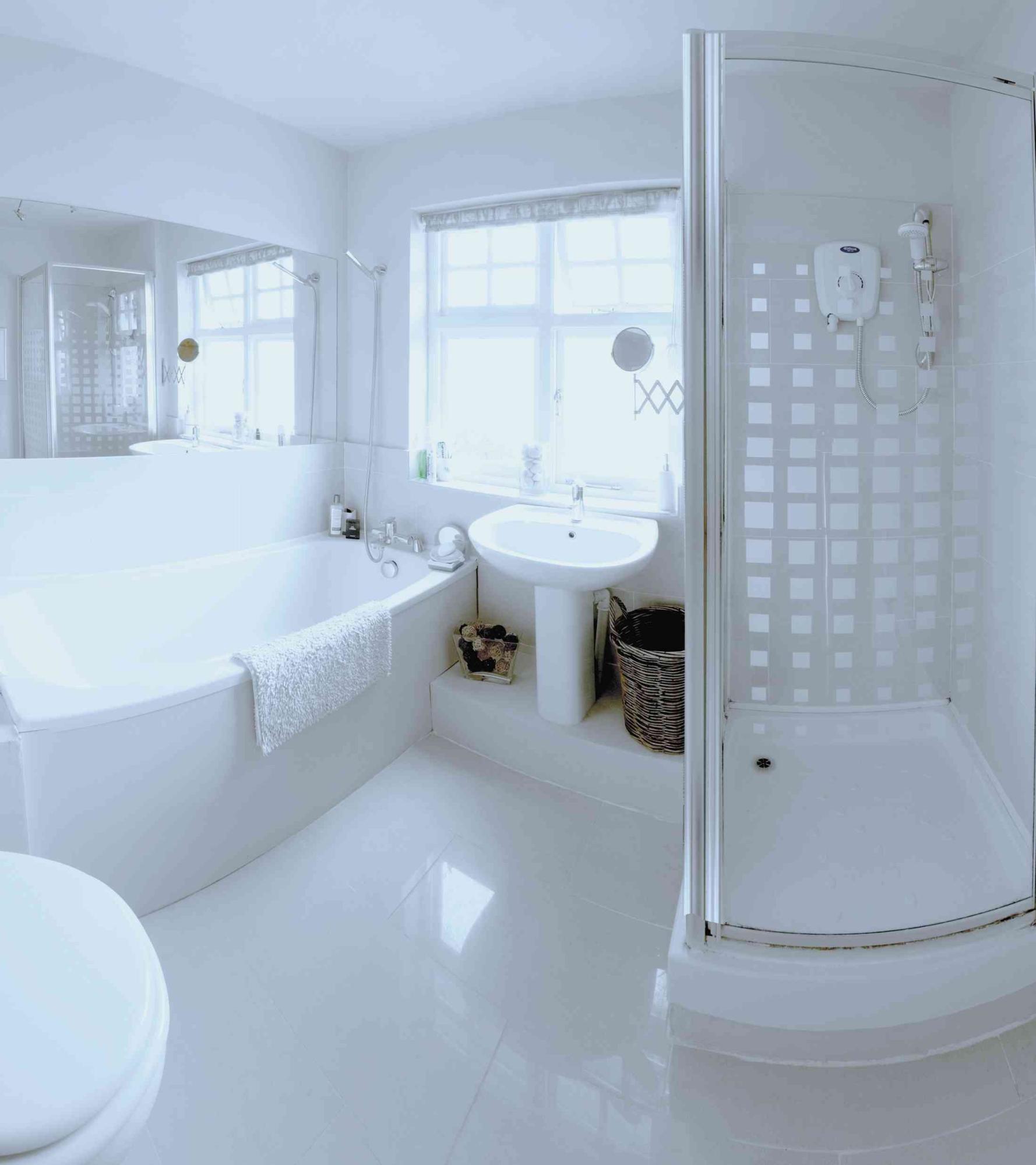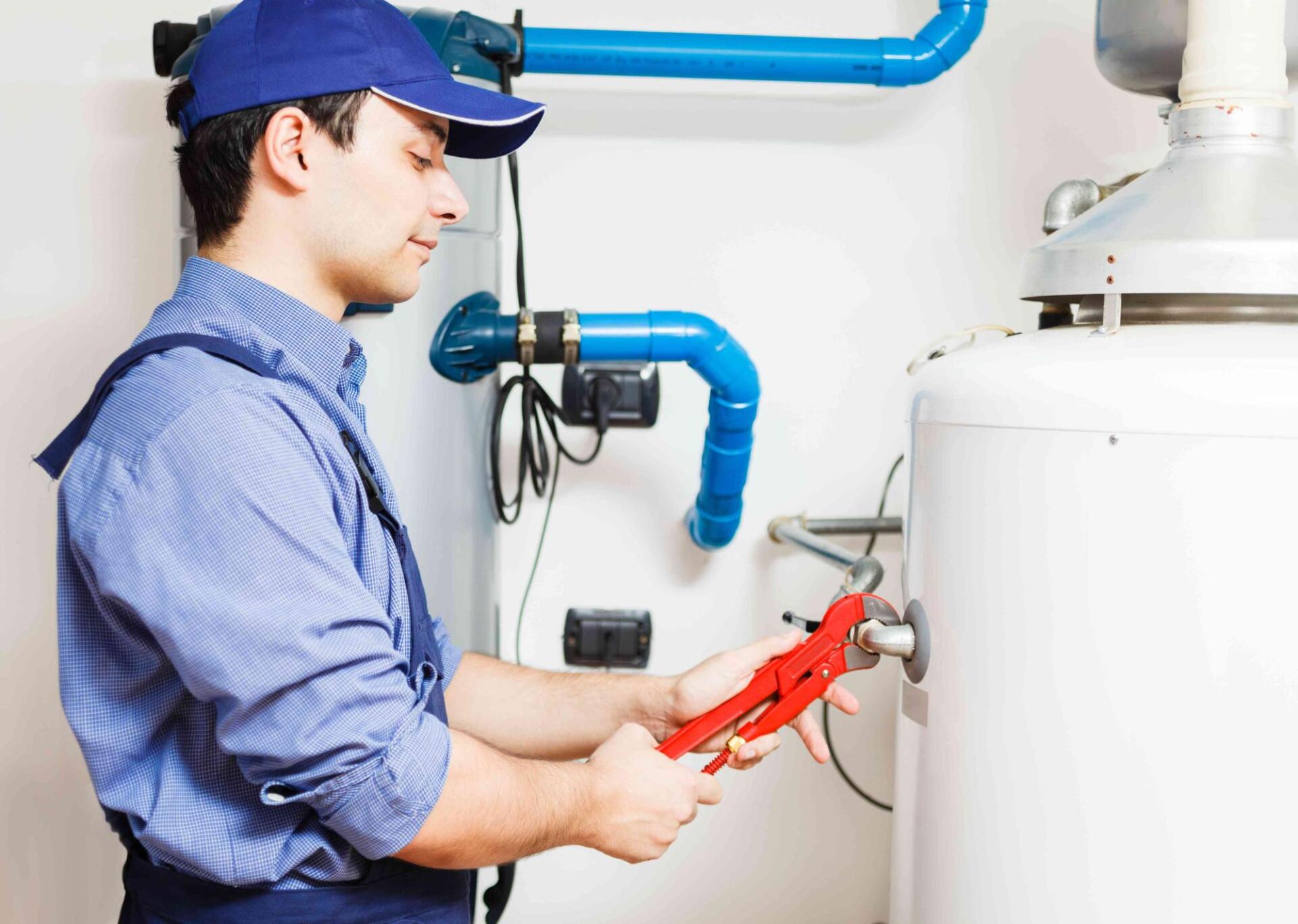Why Learning a Trade Like Plumbing Could Be the Best Decision of Your Life
Can Learning A trade like plumbing change my life?

Why Learning a Trade Like Plumbing Could Be the Best Decision of Your Life
In an era dominated by tech startups, remote gigs, and the allure of quick online hustles, it’s easy to overlook the timeless value of skilled trades. Plumbing, for instance—a profession that’s been essential since ancient civilizations piped water through clay—remains a cornerstone of modern society. Learning a trade like plumbing isn’t just about fixing leaks or installing fixtures; it’s about building a resilient, rewarding career that withstands economic shifts. With automation threatening white-collar jobs and college debt burdening millions, embracing a hands-on trade can provide stability, fulfillment, and financial freedom. In this article, we’ll explore five key reasons why this path could transform your life, diving deep into each benefit to show how it plays out in real terms.
• Unmatched Job Security in a Volatile Economy: Unlike many office-based roles that can be outsourced or disrupted by AI, plumbing is a trade rooted in physical, on-site work that can’t be easily automated. Pipes burst, systems fail, and emergencies don’t wait for algorithms—people always need skilled plumbers to respond. According to the U.S. Bureau of Labor Statistics, plumbing jobs are projected to grow by about 2% through 2032, but the real security comes from the constant demand: every home, business, and infrastructure project requires plumbing expertise. Imagine waking up during a recession knowing your phone is ringing with calls from homeowners desperate for help, rather than scanning job boards in panic. This stability extends to recessions too; during the 2008 financial crisis, trades like plumbing held steady while construction and manufacturing faltered, providing a safety net that lets you focus on life beyond work worries.
• Lucrative Earning Potential Without Crushing Debt: Plumbing apprenticeships typically cost little to nothing—often paid training through unions or trade schools—contrasting sharply with the $30,000+ average student loan debt from a four-year degree. Entry-level plumbers earn around $50,000 annually, but with experience and certifications, that can climb to $80,000 or more, especially in high-demand areas like urban centers or disaster-prone regions. Master plumbers or business owners often hit six figures by running their own crews. The beauty is in the scalability: overtime, emergency calls (which pay premiums), and side gigs like renovations can boost income quickly. Picture this: after five years, you’re not just salaried—you’re charging $100+ per hour, owning tools that appreciate in value, and building equity in a business that generates passive referrals. It’s a path to wealth that’s merit-based, rewarding hard work without the gamble of a liberal arts degree.
• Hands-On Fulfillment and Mental Health Benefits: In a world of screen fatigue and cubicle drudgery, plumbing offers tangible satisfaction—turning a chaotic flood into a smoothly flowing system feels like solving a puzzle with real-world impact. Tradespeople report higher job satisfaction rates than many professionals; a study by the National Institute for Occupational Safety and Health highlights how physical labor reduces stress hormones compared to sedentary desk jobs. You’ll work outdoors, problem-solve creatively (no two pipe layouts are identical), and see immediate results, fostering a sense of accomplishment that’s rare in abstract office tasks. Moreover, the variety—residential installs one day, commercial repairs the next—keeps things dynamic, combating burnout. For someone craving purpose, this isn’t just a job; it’s a craft that builds confidence and resilience, much like how artisans in history took pride in their guilds.
• Entrepreneurial Freedom and Work-Life Balance: Learning plumbing equips you with skills to go independent faster than most careers. After certification (often 4-5 years of apprenticeship), you can launch your own company with minimal startup costs—a van, tools, and a license. This opens doors to flexibility: set your hours, choose clients, and scale by hiring apprentices, turning your expertise into a legacy business. Many plumbers achieve work-life balance by focusing on local jobs, avoiding the 9-to-5 grind and endless commutes. During family emergencies or personal pursuits, you can adjust your schedule without begging for PTO. Success stories abound, like plumbers who expand into related services (e.g., HVAC or green energy installs) or even real estate flipping, using their skills to generate multiple income streams. It’s empowerment: you’re not climbing a corporate ladder; you’re building your own empire on your terms.
• Lifelong Skills and Community Impact: Plumbing teaches transferable skills—precision, troubleshooting, safety protocols—that apply beyond the job, from home DIY projects to mentoring others. It’s a trade that evolves with technology (think smart home integrations or eco-friendly systems), ensuring relevance for decades. But the real life-changer is the ripple effect: as a plumber, you’re essential to communities, preventing health hazards like contaminated water or sewage backups, and contributing to sustainable builds. This sense of service boosts self-worth and networks you into tight-knit professional circles, opening doors to partnerships or even local leadership roles. Over a lifetime, these skills provide security in retirement (consulting or light work) and a legacy of reliability. Choosing plumbing isn’t settling—it’s investing in a versatile, meaningful foundation that supports not just your finances, but your growth as a capable, connected individual.
Why chase a desk job when plumbing can bankroll your freedom? First off, trades like plumbing guarantee jobs-no college debt, no four-year grind. You learn hands-on, get certified fast, and start earning fifty grand or more straight out of training. Demand's sky-high; every house needs pipes fixed yesterday. That steady paycheck lets you buy a house, travel, or invest in passions-like that guitar collection you've been eyeing. Plus, you're solving real problems-saving homes from floods feels heroic, right? Less stress than corporate cubicle life, more control over your hours. You set your rates, pick your clients, maybe even start your own crew. Financially secure, mentally sharp, and respected for your skills-that's next-level living. Plumbing's not just a job; it's your ticket to owning your life.
You might also like
Have your drain lines stop Draining or are they draining abnormally slow? Is your water bill or gas bill higher then usual



